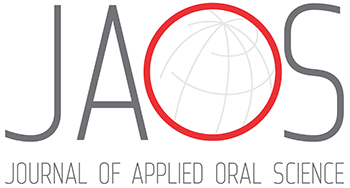A melogenesis imperfecta (AI) is a group of inherited defects of dental enamel formation that show both clinical and genetic heterogeneity. Enamel findings in AI are highly variable, ranging from deficient enamel formation to defects in the mineral and protein content. Enamel formation requires the expression of multiple genes that transcribes matrix proteins and proteinases needed to control the complex process of crystal growth and mineralization. The AI phenotypes depend on the specific gene involved, the location and type of mutation, and the corresponding putative change at the protein level. Different inheritance patterns such as X-linked, autosomal dominant and autosomal recessive types have been reported. Mutations in the amelogenin, enamelin, and kallikrein-4 genes have been demonstrated to result in different types of AI and a number of other genes critical to enamel formation have been identified and proposed as candidates for AI. The aim of this article was to present an evaluation of the literature regarding role of proteins and proteinases important to enamel formation and mutation associated with AI.
Amelogenesis imperfecta; Mutation; Enamel protease; Enamel proteinase
